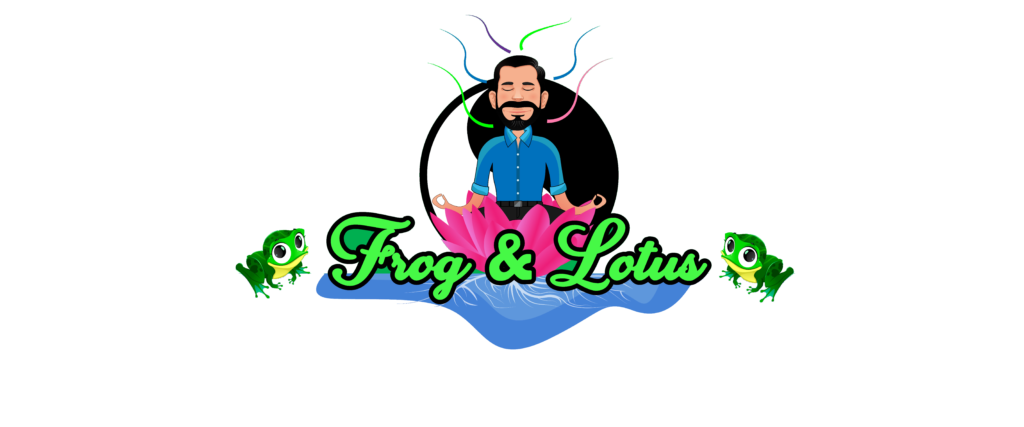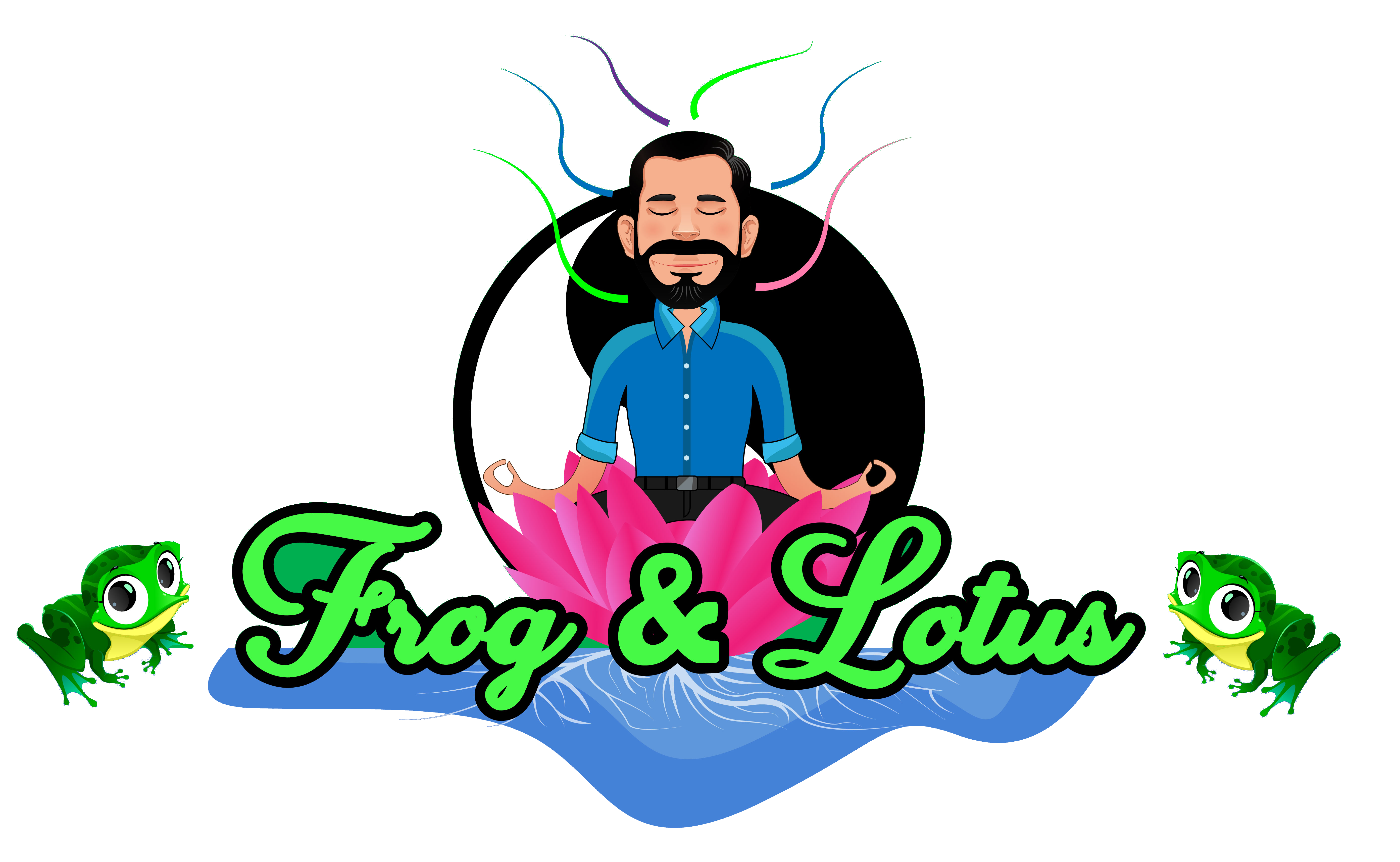I found this book searching online while sitting on the front porch of the clubhouse at Pinehurst Country Club and Resort in Pinehurst, North Carolina. I had just hit rock bottom after four days of really bad golf and I decided I need to get help to improve the mental aspect of my game. The book has delivered in many ways.
The author breaks down the mental aspect of competition into three fundamental parts, which he shows as interlinked circles. The book elaborates on how each circle must remain in balance with the others. The three parts include the conscious mind, the subconscious, and the Self Image.
The conscious mind is the part of us that is aware, awake and directs our attention, focus, and many conscious actions. It is our thinking brain. In golf, we need our conscious mind to pay attention to the surroundings, lock in on a target and align to it, estimate distance, and choose a club among other things. We also need the conscious mind to learn and comprehend the mechanics of the swing so that we can train our subconscious to eventually make the swing on its own.
The subconscious is the part of us that “just knows” what to do on its own. In golf and other sports, we might call this ‘muscle memory’. When you have consciously practiced the right skills enough, eventually those skills become subconscious just like riding a bike or driving a car. In golf we can easily develop subconscious skills that hurt our golf swing rather than help. That is why we need our conscious minds to identify those problem areas, with the help of books, teachers and coaches, then practice in order to fix those areas subconsciously.
There is a quote that I first heard from a mentor, Joe Niego, that says, “Amateurs practice until they get it right. Professionals practice so they never get it wrong.” That is to say that professionals practice the right movements until they become flawlessly subconscious. I am reminded of the concept of deliberate practice, which I first heard about in the book Grit, by Angela Duckworth. Deliberate practice is an intense conscious focus on the thing you are working to learn. It is incredibly hard work and feels like a grind. This is because we are using our will, our conscious minds, to perform something that is not yet subconscious. It feels unnatural. Yet over time and with repetition, that skill eventually becomes subconscious.
The last circle, according to Bassham, is the Self Image. Ultimately, this is your ego. It is the part of you that experiences self-confidence or self-doubt. Henry Ford said, “Whether you think you can or you think you can’t, either way, you are right.” This is the part of the mental aspect of competition where you believe in your ability to accomplish your goal. Am I a person that achieves this sort of goal? Am I the sort of person that regularly makes pars and birdies on the golf course? Or am I the sort of person that always seems to find the trees or the water, losing my ball and scoring double and triple bogeys?
Bassham explains that we must consciously work to create a new, more confident Self Image if we are to achieve our dreams and goals. If I want to score in the 70s at golf, I must believe I am the type of person that shoots in the 70s at golf. He does an excellent job in the book explaining just how we can go about building this new Self Image.
The combination and balancing of these three circles of conscious mind, subconscious, and Self Image is the formula for a winning mindset in competition. The author’s system is called The Mental Management ® System. When any one of the circles becomes too large or too small, problems arise. Just as in other aspects of life including our work and family lives, balance is the key.
While the author may not have written With Winning in Mind as a spiritual book, I most certainly read it as such. There are so many examples in different fields of study that are analogous to this balance of conscious mind, subconscious, and the Self Image. Spiritually, we speak of the mind, body, and soul connection and in Christianity, there is the Holy Trinity of Father, Son, and Holy Spirt. In Psychology, Carl Jung teaches of the conscious, unconscious, and ego. The examples are endless. There is clearly a theme developing throughout the evolution of this blog, that keeps pointing back to my favorite Eckhart Tolle quote that “There is and always has been only one spiritual teaching.” Winning is a spiritual lesson for sure.


